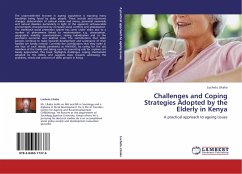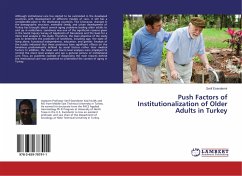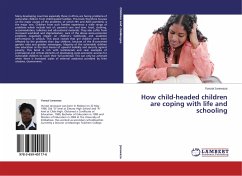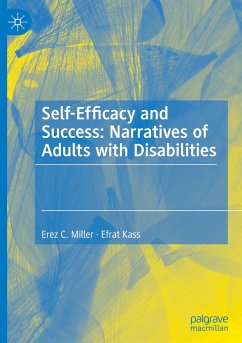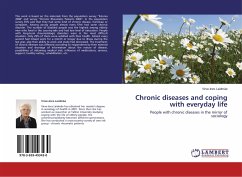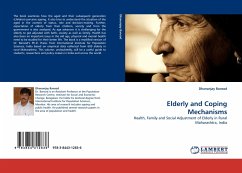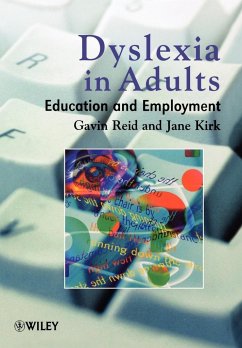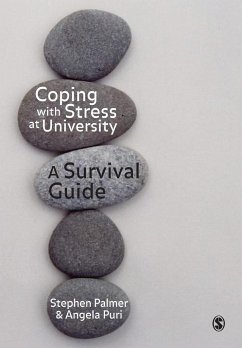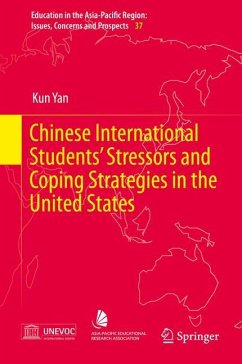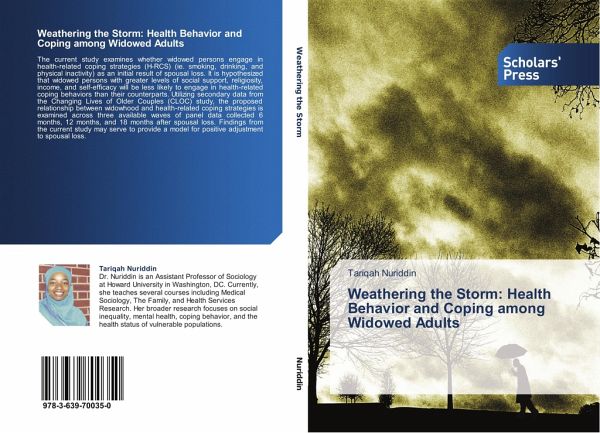
Weathering the Storm: Health Behavior and Coping among Widowed Adults
Versandkostenfrei!
Versandfertig in 6-10 Tagen
45,99 €
inkl. MwSt.

PAYBACK Punkte
23 °P sammeln!
The current study examines whether widowed persons engage in health-related coping strategies (H-RCS) (ie. smoking, drinking, and physical inactivity) as an initial result of spousal loss. It is hypothesized that widowed persons with greater levels of social support, religiosity, income, and self-efficacy will be less likely to engage in health-related coping behaviors than their counterparts. Utilizing secondary data from the Changing Lives of Older Couples (CLOC) study, the proposed relationship between widowhood and health-related coping strategies is examined across three available waves o...
The current study examines whether widowed persons engage in health-related coping strategies (H-RCS) (ie. smoking, drinking, and physical inactivity) as an initial result of spousal loss. It is hypothesized that widowed persons with greater levels of social support, religiosity, income, and self-efficacy will be less likely to engage in health-related coping behaviors than their counterparts. Utilizing secondary data from the Changing Lives of Older Couples (CLOC) study, the proposed relationship between widowhood and health-related coping strategies is examined across three available waves of panel data collected 6 months, 12 months, and 18 months after spousal loss. Findings from the current study may serve to provide a model for positive adjustment to spousal loss.



